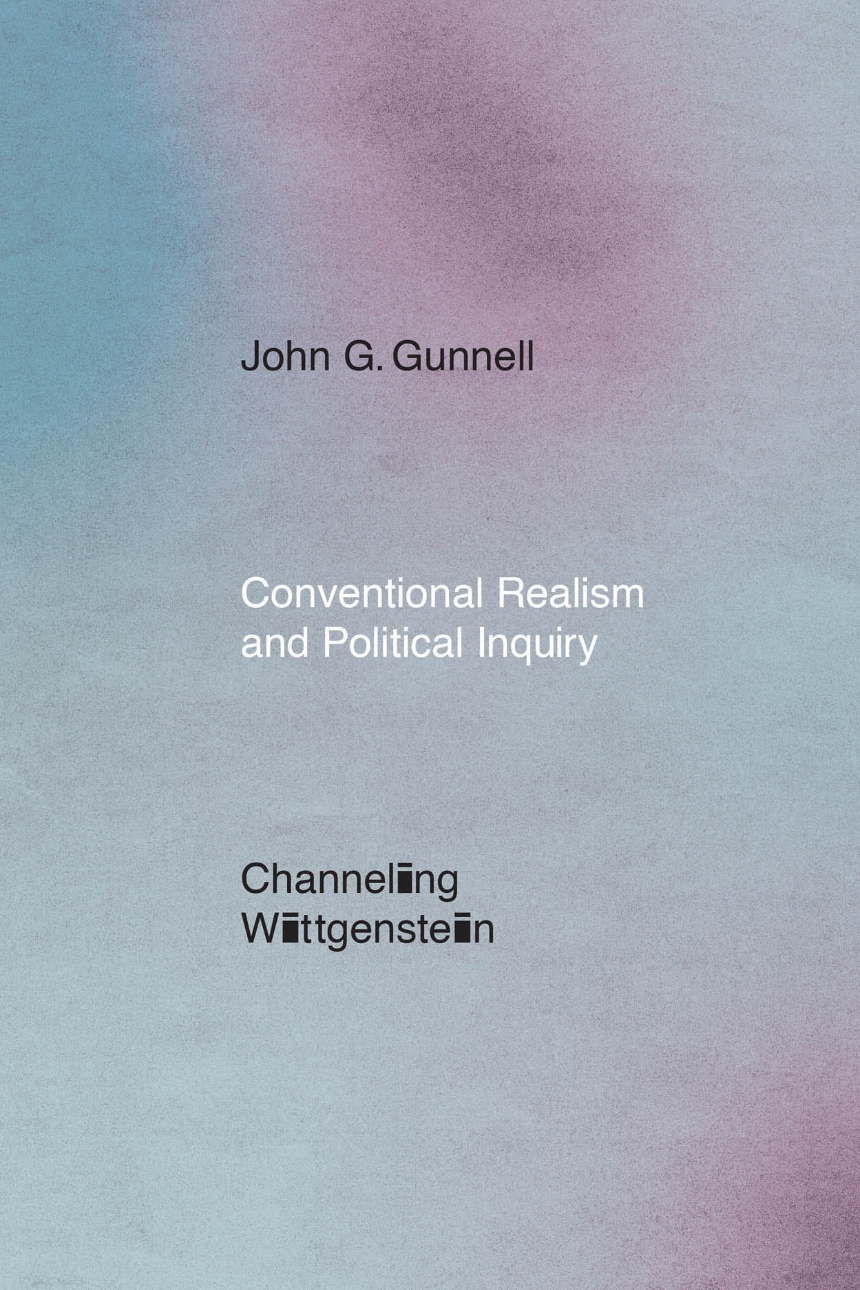Conventional Realism and Political Inquiry
Channeling Wittgenstein
John G. Gunnell argues for conventional realism as a theory of social phenomena and an approach to the study of politics. Drawing on Wittgenstein’s critique of “mentalism” and traditional realism, Gunnell argues that everything we designate as “real” is rendered conventionally, which entails a rejection of the widely accepted distinction between what is natural and what is conventional. The terms “reality” and “world” have no meaning outside the contexts of specific claims and assumptions about what exists and how it behaves. And rather than a mysterious source and repository of prelinguistic meaning, the “mind” is simply our linguistic capacities. Taking readers through contemporary forms of mentalism and realism in both philosophy and American political science and theory, Gunnell also analyzes the philosophical challenges to these positions mounted by Wittgenstein and those who can be construed as his successors.
208 pages | 6 x 9 | © 2020
Philosophy: Logic and Philosophy of Language, Philosophy of Society
Political Science: Political and Social Theory
Reviews
Table of Contents
Introduction
1 Representational Philosophy and Conventional Realism
2 Mentalism and the Problem of Concepts
3 The Realistic Imagination in Political Inquiry: The Case of International Relations
4 The Challenge to Representational Philosophy: Wittgenstein, Ryle, and Austin
5 Contemporary Anti-representationalism: Sellars, Davidson, Putnam, McDowell, and Dennett
6 Presentation and Representation in Social Inquiry
7 Conventional Realism
8 The Quest for the Real and the Fear of Relativism
Conclusion
Acknowledgments
References
Index
